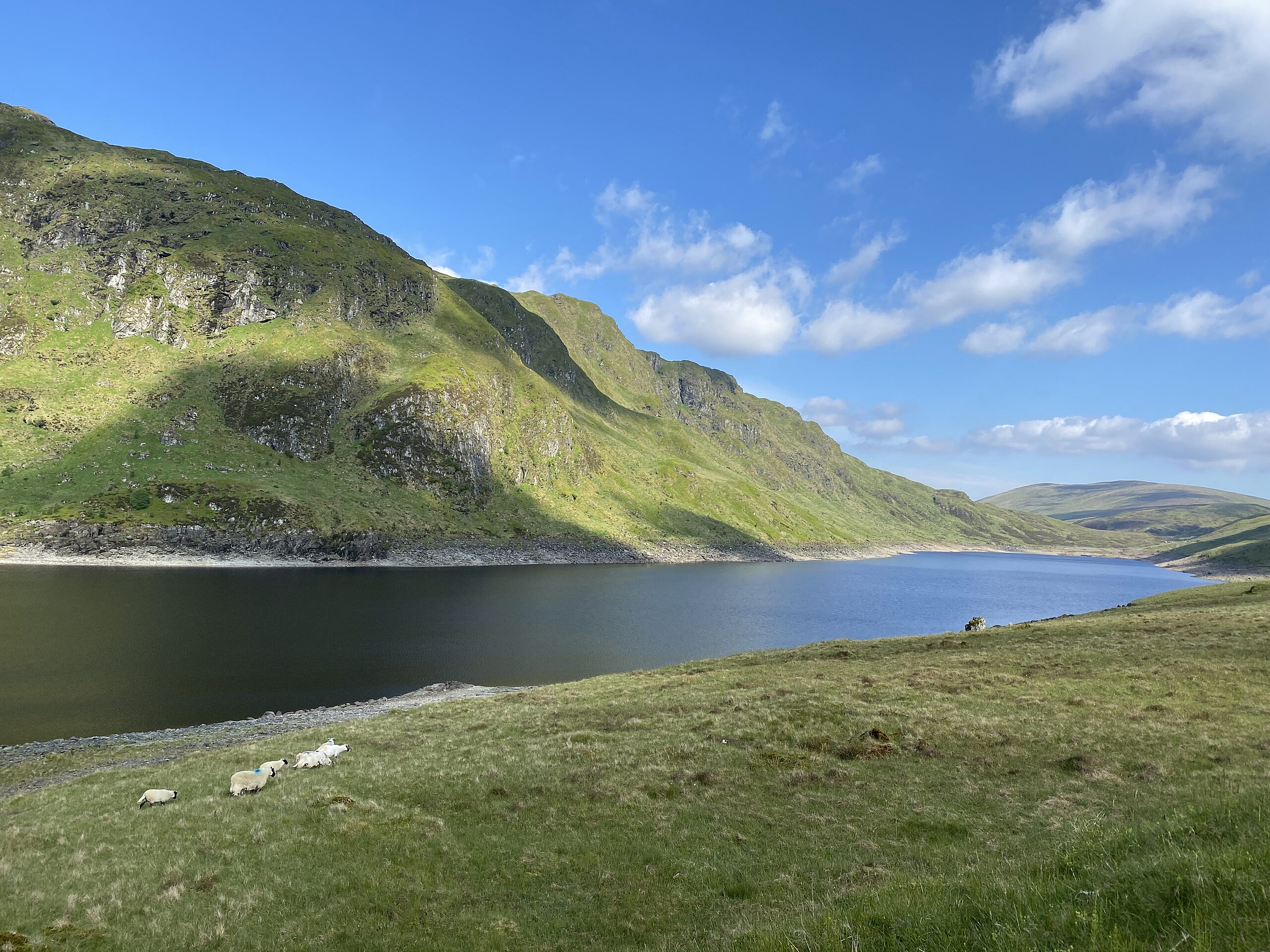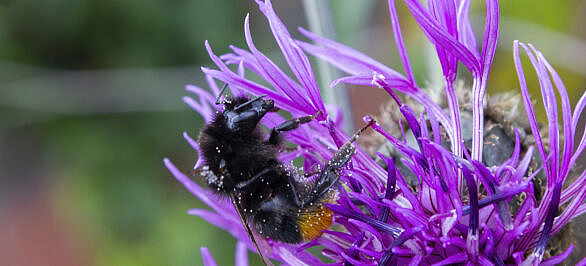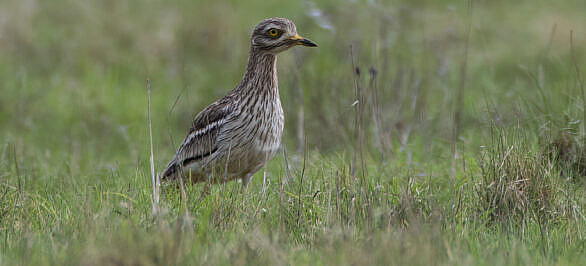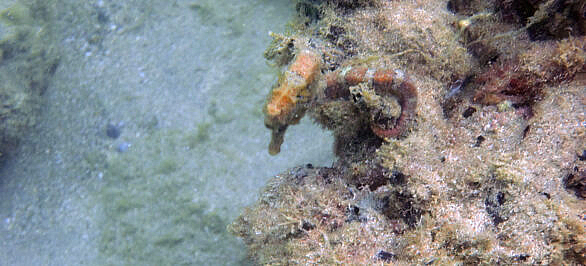You can almost guarantee it. It’s that time of year when someone will post a picture of a birds’ nest in an unlikely place – a watering can in the garden, a tyre in a garage. My personal favourite was a family of buetits who always nested in the top of a local streetlight. Another example is this wren, which had chosen to nest between two upright posts of an open-backed bird hide in RSPB Foulshaw Moss. Now it’s an …
Category: Environmental policy
As widely reported, the Scottish Government has acknowledged that its environmental target of a 75% reduction in greenhouse gas emissions by 2030 is now unattainable, and has been widely condemned for it. It’s certainly easy to feel angry about this admission. But to criticise it misses three important points. Firstly, if we condemn our politicians for admissions of failure, we simply encourage them to conceal any such failings. It’s a common trick to release bad news on a day when …
It’s the thing that everyone is noticing but nobody is talking about. Where have all the bees gone? I have a small garden, full of bee-friendly flowers. Two years ago my plants had so many bees on them that the very air seemed to vibrate. Yesterday I spent three hours working in my garden. I saw four bees. Four. And it’s not just me. Up and down the country people have been saying the same thing to me. Try it …
There are species that appear… I don’t know. Slightly smug, perhaps? The ones that are good-looking and know it. Take the Arctic tern. Exquisitely-designed global wanderer, it has the sleek, graceful lines and curves of a supermodel. It’s a creature that knows you’ll hang its picture on your wall. Then there are those creatures, no less superbly designed, who leave you wondering what accident befell them when they were born. The slug. The lumpfish. Those strange species that only a …
I was listening to BBC Radio 4 last week. It was reporting on the Poole Harbour oil spill. It seems that the mixture of oil and water from that spill now risks running into Studland Bay, the most globally-important breeding area for spiny seahorses. The what? I know. It surprised me, too. I’m a naturalist and I take an active interest in all British wildlife, and even so I was only vaguely aware that seahorses live in Britain. I’ve watched …
I try hard not to get political in my blog posts. I’m a floating voter (perhaps more so now than ever, given how much rain has fallen overnight!) so I don’t have a strong allegiance to any party. I call things as I see them. It’s now been raining for 24 hours with almost no break. Using the highly scientific empty-bucket-outside-the-back-door method, I think we’ve had about two inches (50mm) of rain. It’s raining as I write this. And I …







Social Profiles